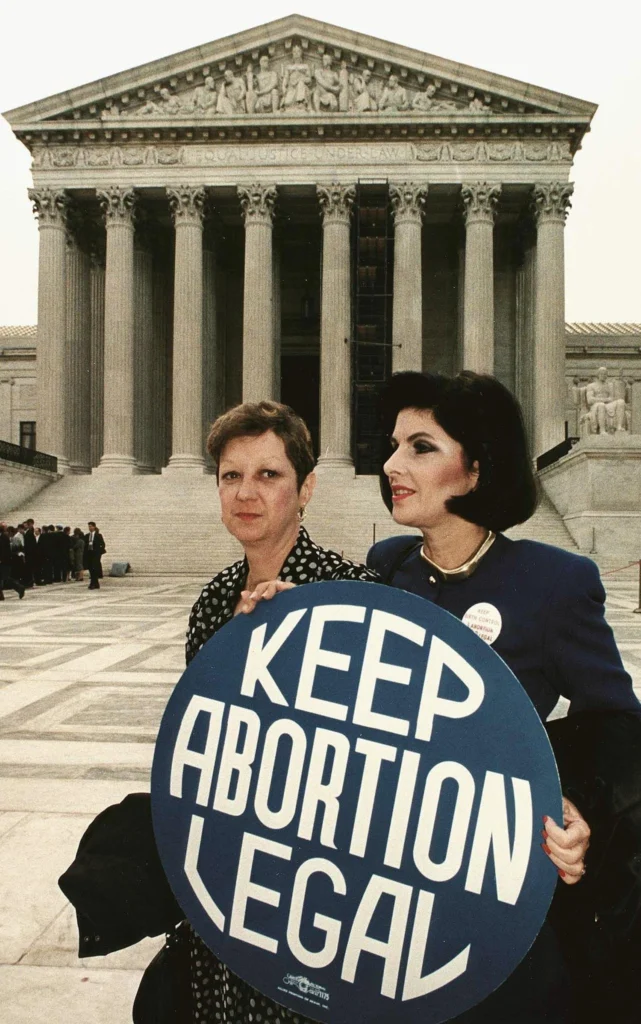The Supreme Court of the United States has been the cornerstone of the American legal system, delivering rulings that have profoundly influenced the nation’s laws and society. Through landmark decisions, the court has defined constitutional rights, balanced federal and state powers, and safeguarded individual freedoms. Below, we delve into some of the most influential Supreme Court decisions that have shaped the US legal landscape.
1. Marbury v. Madison (1803)
This case established the principle of judicial review, empowering the Supreme Court to invalidate laws deemed unconstitutional. Chief Justice John Marshall’s opinion set a precedent that firmly positioned the judiciary as a coequal branch of government. Judicial review remains a critical function in maintaining the Constitution’s supremacy.
2. Brown v. Board of Education (1954)
A landmark decision in the fight against racial segregation, this case overturned the “separate but equal” doctrine established in Plessy v. Ferguson (1896). The Supreme Court unanimously ruled that segregation in public schools violated the Equal Protection Clause of the 14th Amendment, setting the stage for the civil rights movement.
3. Roe v. Wade (1973)
This controversial ruling recognized a woman’s constitutional right to privacy, extending to her decision to have an abortion. While Roe v. Wade has faced significant challenges and debates, it underscored the Court’s role in interpreting individual rights within the Constitution.

4. Miranda v. Arizona (1966)
This case transformed the American criminal justice system by establishing the “Miranda rights.” The ruling required law enforcement to inform individuals of their rights to remain silent and to legal counsel upon arrest. The decision aimed to protect suspects from self-incrimination, reinforcing the Fifth Amendment.
5. United States v. Nixon (1974)
In a critical test of executive privilege, the Supreme Court ordered President Richard Nixon to release tapes related to the Watergate scandal. This unanimous decision reaffirmed that no one, not even the President, is above the law, reinforcing the principle of accountability in governance.
6. Obergefell v. Hodges (2015)
This landmark case legalized same-sex marriage nationwide, recognizing it as a fundamental right under the 14th Amendment’s Equal Protection and Due Process Clauses. The ruling represented a monumental step toward LGBTQ+ rights and equality in the United States.
7. Citizens United v. Federal Election Commission (2010)
This decision reshaped the landscape of political campaign financing by ruling that corporations and unions have the same free speech rights as individuals. The court’s decision allowed unlimited spending on political campaigns, citing the First Amendment.
8. Dred Scott v. Sandford (1857)
Although widely regarded as a low point in Supreme Court history, the Dred Scott decision profoundly impacted the nation’s trajectory. The court ruled that African Americans, whether free or enslaved, could not be American citizens and had no standing to sue in federal court. This decision fueled tensions leading to the Civil War and underscored the importance of judicial accountability.
9. Loving v. Virginia (1967)
This case invalidated laws prohibiting interracial marriage, ruling that such statutes violated the Equal Protection and Due Process Clauses of the 14th Amendment. The decision was a landmark victory for civil rights and personal liberties.
10. Bush v. Gore (2000)
The court’s intervention in the 2000 presidential election underscored its influence in determining political outcomes. By halting the Florida recount, the Supreme Court effectively decided the election in favor of George W. Bush. This case highlighted the judiciary’s role in resolving electoral disputes.
Impact of Landmark Decisions
These Supreme Court rulings have:
- Defined Individual Rights: Cases like Miranda v. Arizona and Roe v. Wade have expanded the scope of constitutional protections for individuals.
- Advanced Social Justice: Decisions such as Brown v. Board of Education and Loving v. Virginia have dismantled discriminatory practices and promoted equality.
- Ensured Accountability: Rulings like United States v. Nixon underscore the principle that no one is above the law, safeguarding democratic principles.
- Shaped Policy and Governance: Cases like Citizens United and Bush v. Gore have had lasting implications for politics and governance in the United States.
Also read : Landmark Supreme Court Decisions That Shaped Pakistan’s Legal System
Conclusion
The Supreme Court’s role in interpreting the Constitution has been pivotal in shaping the United States’ legal and social fabric. Through its landmark decisions, the court has navigated complex legal questions, balancing tradition with progress. As society evolves, the Supreme Court’s rulings will continue to influence the nation’s trajectory, ensuring justice, equality, and the rule of law prevail.

